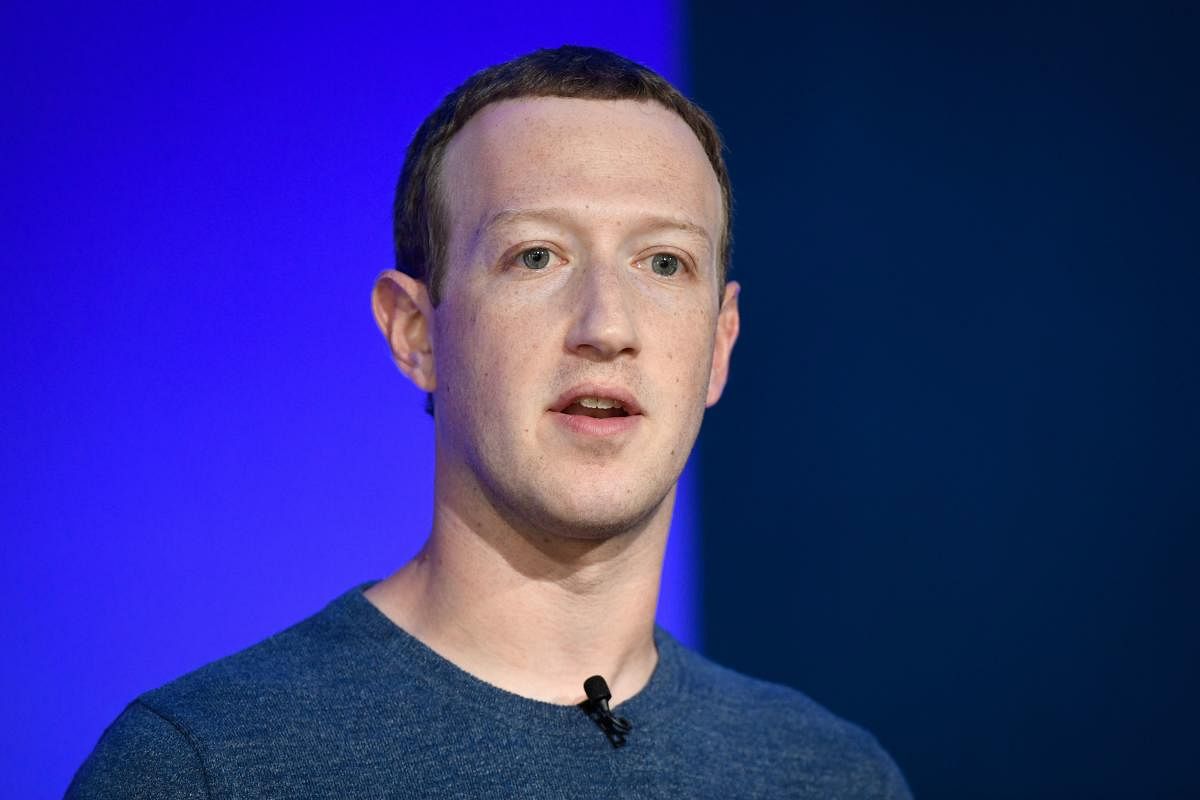
The revelation comes as CEOs of the United States' largest tech companies - Facebook's Mark Zuckerberg, Amazon Inc's Jeff Bezos, Sundar Pichai of Alphabet Inc's Google and Apple Inc's Tim Cook - gave virtual testimony before the US House Judiciary Committee's antitrust panel.
Zuckerberg's mail goes on to say, "Even if some new competitors spring up, buying Instagram, Path, Foursquare, etc now will give us a year or more to integrate their dynamics before anyone can get close to their scale again. Within that time, if we incorporate the social mechanics they were using, those new products won’t get much traction since we’ll already have their mechanics deployed at scale.”
He further added in the mail, “Instagram can hurt us meaningfully without becoming a huge business."
During the hearing on Wednesday, Representative Jerry Nadler said that “Facebook, by its own admission ... saw Instagram as a threat that could potentially siphon business away from Facebook. So rather than compete with it, Facebook bought it. This is exactly the type of anti-competitive acquisition the antitrust laws were designed to prevent.”
In the email, Zuckerberg, responding to Ebersman's query on 'neutralising a potential competitor' said, "There are network effects around social products, and a finite number of different social mechanics to invent. Once someone wins at a specific mechanic, it's difficult for others to supplant them without doing something different."
“I’ve been clear that Instagram was a competitor in the space of mobile photo-sharing,” Zuckerberg told Congress on Wednesday.
“There were a lot of others at the time. They competed with apps like VSCO Cam and PicPlz and companies like Path. It was a subset of the overall space of connecting that we exist in. And by having them join us, they certainly went from being a competitor in the space of being a mobile camera to an app that we could help grow and to help get more people to be able to use.”